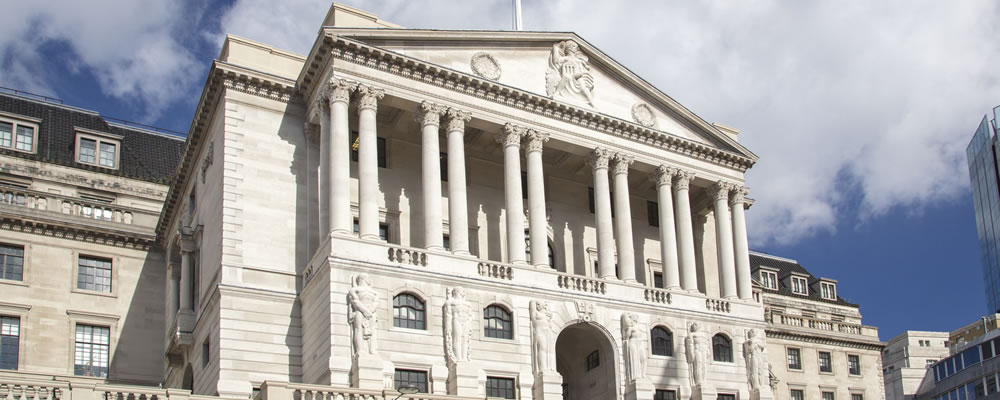Tuesday afternoon has brought further Pound losses, with GBP declining from a rate of 1.1219 against the Euro to a new low of 1.1155.
This poor performance comes as traders weigh up the odds of a Bank of England (BoE) interest rate hike in November.
Tallying up those for and against, there have been two policymakers on either side of a rate hike or freeze decision, leaving five unaccounted for.
A majority is needed to ensure a rate hike is implemented, which means there could be a sharp Pound drop if the ‘nays’ take the vote on November 2nd .
(First published October 24th, 2017)
The Pound has made a minor decline against the Euro today, following cautious remarks from a Bank of England (BoE) policymaker.
- GBP EUR trades down at 1.1219 – EUR GBP rate rises to 0.8911
- Pound slips on BoE comments – Traders uncertain of November interest rate hike
- Euro stable despite economic slowdown – Eurozone sees higher manufacturing activity
- Pound volatility possible on Hammond questions – Euro could weaken on lower German confidence
The Euro has risen across the board today, but recent Eurozone data has not been entirely supportive.
Pound Slips on Doubts for November Interest Rate Hike
Comments from a Bank of England (BoE) official have damaged the Pound today, leading to a decline against the Euro and highly contrasting movements elsewhere.
BoE Deputy Governor Sir Jon Cunliffe has been discussing interest rates and has questioned the wisdom of a rate hike in November.
In an interview with the Western Mail, Cunliffe was reluctant about committing to clear signposting;
‘I am not going to try and anticipate the [November] meeting, but for me the economy has clearly slowed this year.
Over the forecast period of three years [interest] rates will need to rise. The exact timing of when that starts? Well, that for me is a more open question’.
Euro Advances despite Disappointing Eurozone PMIs
The Euro has made considerable gains today, although only a small advance has been seen against the Pound.
The morning’s domestic data has consisted of PMI measures for October, covering Germany and the overall Eurozone.
Germany has seen a minor slowdown during the month, with figures showing lower levels of manufacturing and services sector activity.
The Eurozone-wide stats have been similarly disappointing, showing greater-than-expected slowdowns in the services sector, in addition to a lower overall composite reading.
The Eurozone manufacturing sector has been the one bright spot, seeing growth when economists had forecast a decline.
Will Pound Face Turbulence on UK Chancellor’s Questions?
The next Pound-influencing news will arrive shortly, when Chancellor Philip Hammond faces questions in the House of Commons.
These questions come after notable Brexit developments and before the budget announcement in late November, so Hammond may face questions on both issues.
If he fails to reassure MPs with his answers, the Pound could slip further against the Euro.
Euro traders will have to wait until Wednesday morning for the next Eurozone news, which will again cover developments in Germany.
This will be IFO confidence measures for October. During the month, forecasts are for marginal reductions in confidence scores, for perceptions of current conditions and expectations for the future.
If these confidence measures decline by more than expected then the Euro could drop sharply, given the importance of the German economy towards Eurozone prosperity.
Current Interbank GBP EUR Exchange Rates
At the time of writing, the Pound to Euro (GBP EUR) exchange rate was trading at 1.1219 and the Euro to Pound (EUR GBP) exchange rate was trading at 0.8911.



